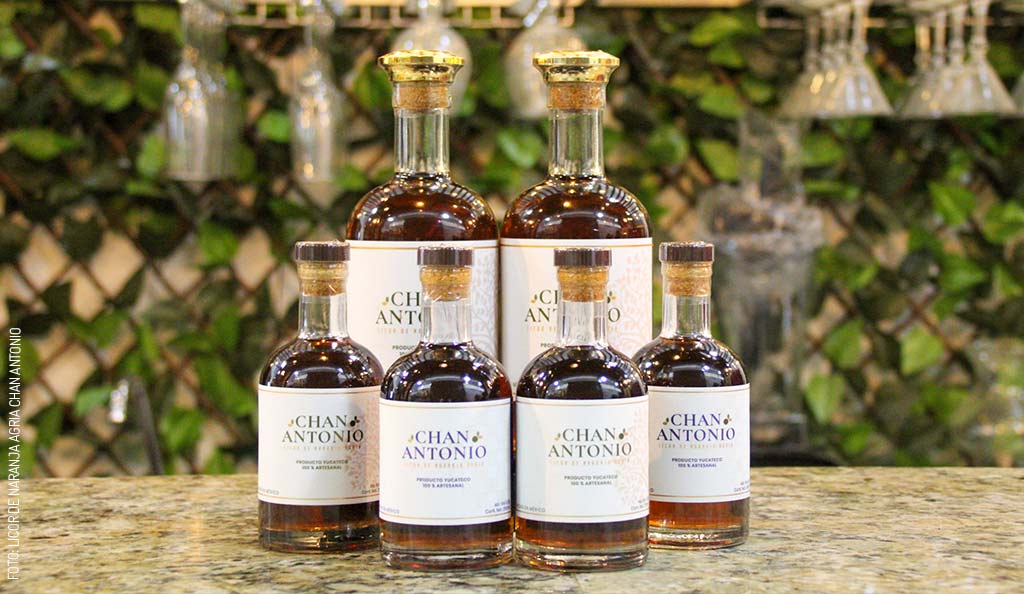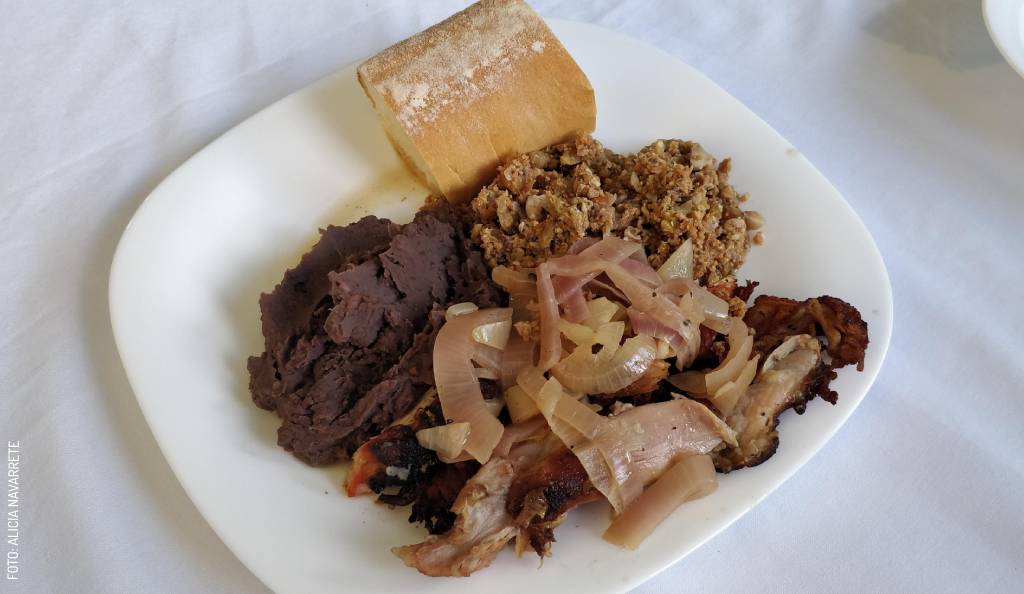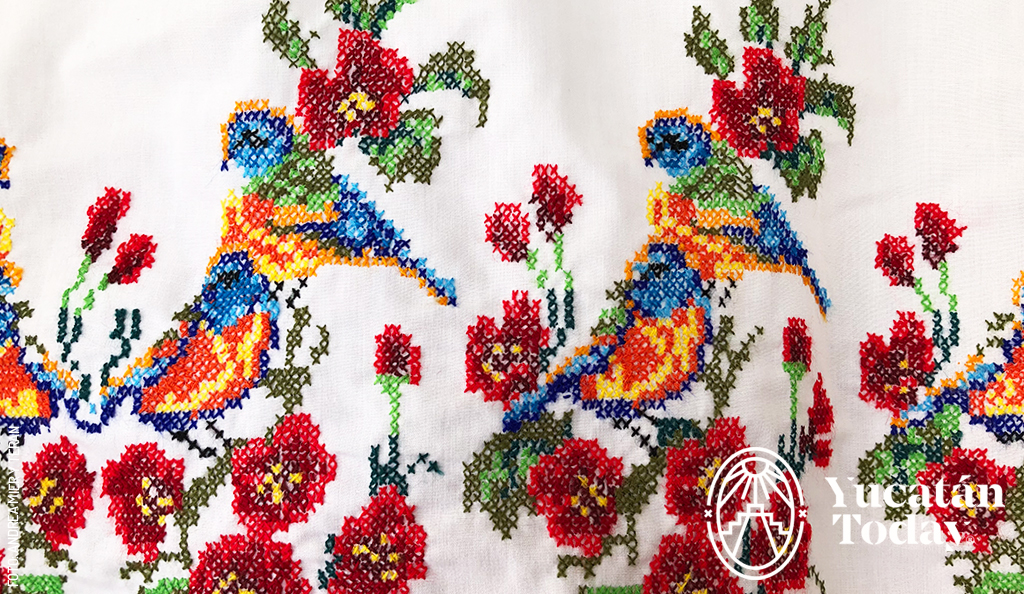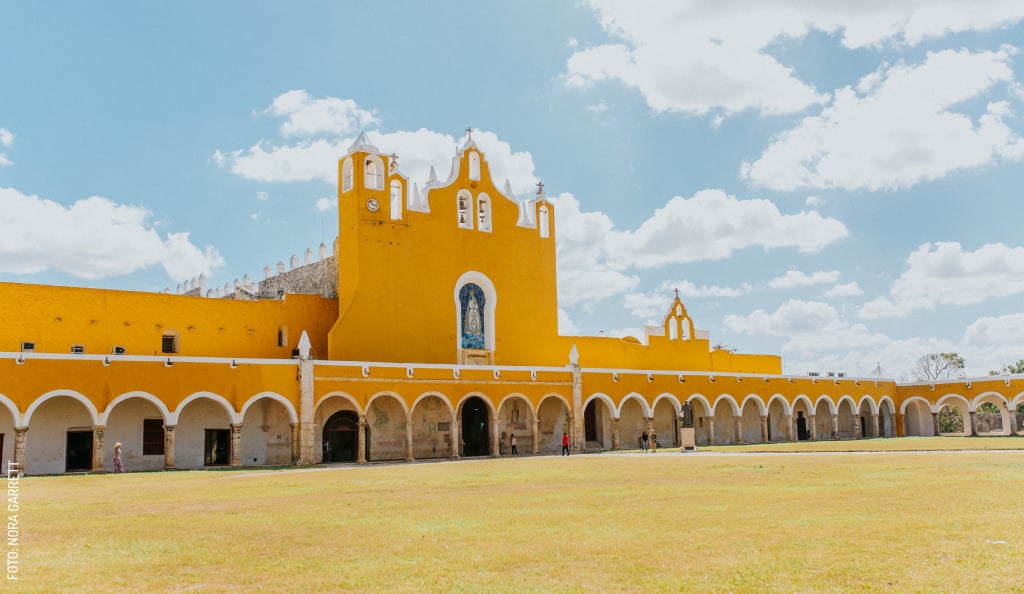
A New Generation of Yucatecan Liqueur
“We small business owners are putting our savings, our faith, and our dreams on the line to make it through. We make our products with lots of joy, lots of passion, lots of care, lots of training to offer a quality product, so our business can grow, with the help of God and customers. There are still many people who prefer imported brands; we want to invite them to give small businesses a shot, and to shop local.” —Eddier Canul, ELOHIM
For many, many years, talking about locally-made alcoholic beverages in Yucatán meant talking about Xtabentún, a delicious liqueur that tastes like our mixed heritage: the honey of the Maya combined with the anise brought by the Spaniards. More recently, however, there’s been a new wave of wide-ranging products, with different ABVs (alcohol by volume), flavors, aromas, boldness levels, and profiles, etc.
Here’s a short list of some of the ones I’ve tried; I encourage you to try them and find a new local favorite.
Chan Antonio Bitter Orange Liqueur
You may be aware that bitter oranges are a traditional Yucatecan cuisine staple. They’re great for marinating and cooking meat and dressings, and even better in a refreshing orangeade. That’s why it seems almost unbelievable that the idea of using it to make liqueur came up only about five years ago, from the mind of two university students. Their project is now known as Chan Antonio (after the village where the oranges are produced, Chan San Antonio, near Tizimín), and it’s gone from being homemade to a process resulting in 400 liters (over 100 gallons) per month, and hoping to grow even further in the near future.
I had the opportunity to try Chan Antonio neat, and I thought it was wonderful as either an aperitif or digestif. According to Christie Argáez, one of its founders, it has also found great success as an ingredient in mixed drinks and cocktails, and I definitely get why. Is your interest piqued? Christie and her sister, Cecilia, want to make sure you can try it before you buy it, so in addition to selling it themselves, they have it available for sale and tastings at several spots all over the state, including Posheria, Donia Way, Entrepisos (in Paseo 60), and Esencia Maya, in Mérida. Now, if you’d like to try it in a cocktail, restaurants like Avec Amour and Picheta, in Centro, have a wide variety of options that feature it.
IG & FB: Licor de Naranja Agria
Yatzil: Habanero liqueur
Another key element in Yucatecan food is Habanero: a pepper that has plenty of healing properties, in addition to being easier on your stomach than, say, Jalapeños, and which is highly valued because it adds unique flavor (not just heat) to the dishes it’s usually served with.
Yatzil, which means “something loved” in Maya, is another example of Yucatecan youth creativity, and also a sister-owned business. Linda and Nancy Hernández are the masterminds behind this Habanero liqueur, which is the result of a citric and herbal infusion with a spicy aftertaste that you really need to try for yourself. A feature of such an aromatic liqueur as this is that goes well with everything and can heighten the experience of almost any flavor combination you place it in. Whether it’s used for cooking, mixed with other beverages, or neat, it’s an outstanding option. If you’re curious, here’s a tip from Linda: there’s a cocktail at Restaurante Teya Santa Lucía called La Quema, which is a great way to taste it. You can also try one of their pre-mixed cocktails, branded as Makech, or the limited edition Xibalbá beer, a collaboration with Cuerno de Toro brewery, available seasonally at the Cuerno de Toro tap room.


You can also find it at Artesanaria, Posheria, Donia Way, and Entrepiso (Paseo 60).
FB: Yatzil Mx www.licoryatzil.com
Elohim Coffee Shop
 Hold on a second, coffee shop? Weren’t we all about alcoholic drinks? Hold on, it’s about to get good. Elohim began as a coffee shop in Peto, in Yucatán’s southern cone. During the pandemic lockdown, and by popular demand, Eddier and Damari, the marriage behind Elohim, started making and delivering cold brew, to great success. The elegant look of their bottles made some people think it was beer. Eddier, a nutritionist by training and brewing/fermentation aficionado, was inspired by the mixup, and so the Boxita beer was born: a stout made with home-roasted coffee that is simply delicious.
Hold on a second, coffee shop? Weren’t we all about alcoholic drinks? Hold on, it’s about to get good. Elohim began as a coffee shop in Peto, in Yucatán’s southern cone. During the pandemic lockdown, and by popular demand, Eddier and Damari, the marriage behind Elohim, started making and delivering cold brew, to great success. The elegant look of their bottles made some people think it was beer. Eddier, a nutritionist by training and brewing/fermentation aficionado, was inspired by the mixup, and so the Boxita beer was born: a stout made with home-roasted coffee that is simply delicious.
But Elohim is listed here for a different reason. More recently, Eddier and Damari started making bougainvillea-flower and hibiscus-flower wines. Having tried them, it is impossible for me to confidently state which one I liked best: they’re both incredibly light, fresh, and delicious, a perfect mix of sweet and tangy. They’re both available in 355 and 700 ml. Finally, to bring this section to a worthy close, their latest creation: the Carajillo Yucateco, made with cold brew, Elohim coffee liqueur, and a very local mix of spices. It’s ready to drink, and you only need to chill it to enjoy a new Yucatecan classic, from Peto with love.
Boxita stout, Carajillo Yucateco, and both wines can be found at El Cardenal Cantina; the Cold Brews, at Posheria, Cofrappia, Sabor a Mango, Aquí sí me Latte, and ADN Café, but you can also shop directly from Eddier and Damari; they deliver in Mérida on Fridays and Saturdays.
Damari Esquivel y Eddier Canul
Cel. 999 993 6901
Lukum: Licor de Henequén
Would you say Mezcal is Oaxacan tequila? No, you wouldn’t: nevermind the designation of origin; if you’ve tried them both you know the differences in the type of agave they use and the way they’re prepared to make for two very distinct beverages. Now, you may already know this, but Yucatán is also home to a type of agave: Henequén or sisal ( Agave fourcroydes ). However, the value and fame usually associated with sisal have, for decades, resided in its fibers, used for textiles and ropemaking. Being so valuable in that form (it was called “green gold” for a reason), it may seem obvious why Yucatán didn’t “waste” it by using it to make alcohol.
It was synthetic fibers that opened the door to creating a new product: Henequén liqueur. Kuuch is one of the first local businesses to have made it, with the line Lukum, which offers three varieties: young (silver), Reposado, and infused with coconut essence. Kuuch also makes a great Mandarin-orange-infused rum and traditional Xtabentún.
You can find Kuuch liqueurs at Posheria, at Tequilería Ajúa, and restaurant Ya-axká; if you were just leaving and almost forgot, you can also buy it at the Mérida International Airport.
IG: kuuchdestilados
FB: Kuuch Destilados de Henequen www.kuuch.com
Gin Katún
 Gin is a drink with a long European tradition, very associated, especially, with the United Kingdom and the Netherlands. If you’re a connoisseur, you know that, in addition to the juniper berries that give it its distinctive taste, gin features different botanicals that make it unique in flavor and aroma. With this in mind, a group of entrepreneurs decided to create a Yucatecan gin: that’s the story behind Katún. Its name references a Maya unit of time, and its body pays homage to its birthplace. Its 17 botanicals include Achiote (annatto), Xcatic pepper, Yucatecan citrus, and allspice, in addition, of course, to juniper berries, cardamom, cinnamon, and sage. Every element, except for the juniper, is produced in México, and most of them in Yucatán. The result is a London Dry gin that truly couldn’t be made anywhere else. Despite its recent creation (the company was founded in 2018), it’s grown a following in México and the world, with distribution in the U.S. and Europe.
Gin is a drink with a long European tradition, very associated, especially, with the United Kingdom and the Netherlands. If you’re a connoisseur, you know that, in addition to the juniper berries that give it its distinctive taste, gin features different botanicals that make it unique in flavor and aroma. With this in mind, a group of entrepreneurs decided to create a Yucatecan gin: that’s the story behind Katún. Its name references a Maya unit of time, and its body pays homage to its birthplace. Its 17 botanicals include Achiote (annatto), Xcatic pepper, Yucatecan citrus, and allspice, in addition, of course, to juniper berries, cardamom, cinnamon, and sage. Every element, except for the juniper, is produced in México, and most of them in Yucatán. The result is a London Dry gin that truly couldn’t be made anywhere else. Despite its recent creation (the company was founded in 2018), it’s grown a following in México and the world, with distribution in the U.S. and Europe.
According to Roberto Brinkman, one of its founders, the perfect serve to really appreciate Katún and discover its taste is in a lowball (or Old Fashioned) glass: 1.5 oz of Katún, with a slice of your favorite citrus. If you’d like to try it before you buy it, it’s served at several restaurants in Mérida, including Salón Gallos, Micaela Mar y Leña, Holoch, and Patio Petanca; Roberto, however, encourages you to stop by La Botillería (Calle 53 x 56, Centro), where they have a tasting room and offer experiences centered around the many Mexican liqueurs they serve.
IG: ginkatun
Yumbab
While originally this piece was about liqueurs other than Xtabentún, Yumbab, a different kind of Xtabentún, is worth a mention.
Yumbab was born in 2016 as an alternative to traditional Xtabentún and its predominant anise flavor, loved by many, but despised by…well, I don’t want to guess whether it’s many or some. You may know that in pre-Hispanic times, Xtabentún was made only from Xtabentún flower honey; the Spanish newcomers brought anise with them, and so the drink evolved to become something they found more familiar.
Yumbab brings Xtabentún one step closer to what it was at the beginning: while it does incorporate a touch of anise, it tastes, above everything else, like honey. Since 2017, the honey they’ve used is certified organic, which involves taking special care of the bees and their nourishment: these bees are fed only the honey they make themselves, and are raised in areas that are completely agrochemical-free within a 20 mile radius.
At only 20% ABV, Yumbab is easy to mix, but Ana Karen Peniche, founding partner, believes there’s nothing like trying it on the rocks to truly appreciate its flavor. Are you curious to try it? You can buy it by the bottle at Posheria, Esencia Maya, Casa Lámbar, and some Super Akí stores; try it by the glass (or in cocktails) at Holoch and Arcano, in Mérida, as well as in Pueblo Pibil (Tixkokob) and Kinich (Izamal). Would you like to try the certified organic honey? They also have it available for purchase; visit their website or contact them directly for more information.
contacto@yumbab.com www.yumbab.com
FB: Yumbab

Author: Alicia Navarrete
Communicologist born circumstantially in México City, but who says “uay” since 1985. Life has allowed me to see the world, which in turn has allowed me to discover how much I love the place where I live
¡Receive the latest articles and much more from the best of Yucatán in your email!
Related articles

The Five Staples of the Yucatecan Christmas Dinner
Would you like to try the traditional dinner? Talking about a single Christmas menu that applies to all Yucatecan families is impossible.
Let’s Go Shopping! Your Yucatecan Guide
Thinking about what gifts to take with you from your trip to Yucatán? In our yucatecan shopping guide we a list of incredible ideas.



